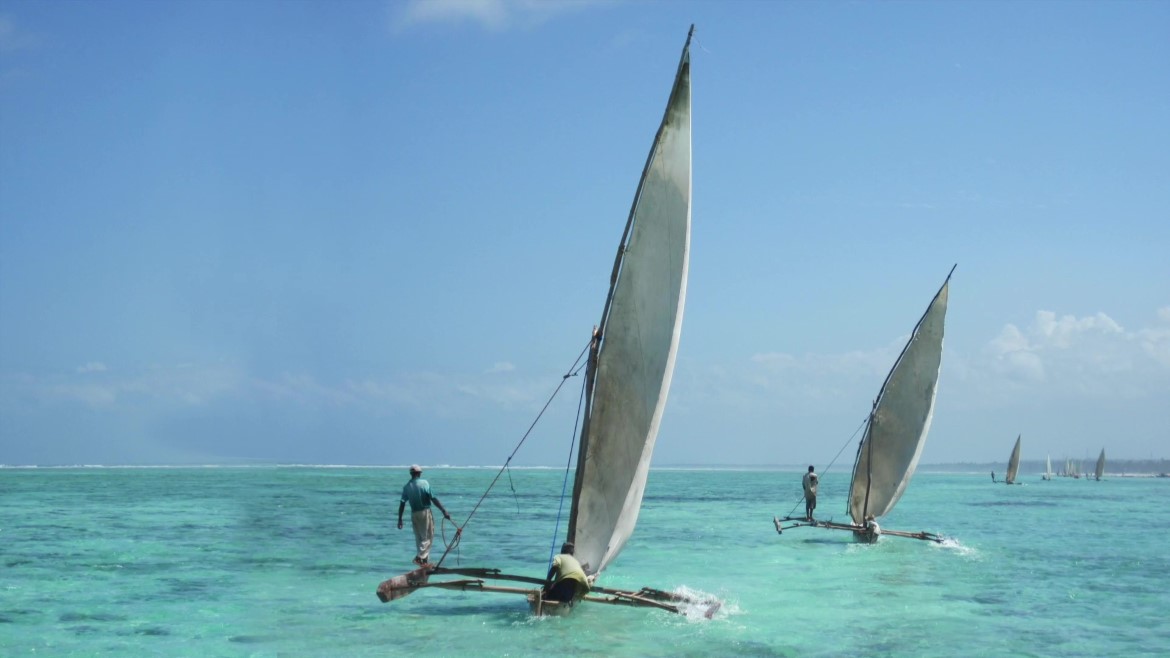
Oceans for Development
Many developing countries see a potential for economic and social development through sustainable blue growth. Norway is often used as an example of a country that has succeeded in implementing sustainable ocean management. Several countries have therefore expressed interest in Norwegian experience and expertise on ocean affairs.
Norway has a long history of providing developing cooperation on ocean-related issues. This includes among others support through the programmes Oil for development and Fish for Development, as well as the Programme to combat marine litter and microplastics. The Oceans for Development programme will complement and strengthen existing ocean-related programmes and initiatives, as well as focusing on integrated ocean management, cross-sectoral coordination and frameworks for sustainable ocean industries.
Programme objectives
The overarching objective of the Oceans for Development programme is to promote a strengthened, sustainable and inclusive ocean economy in cooperating countries. To achieve this, three primary objectives have been defined:
- Objective 1: The programme will promote the establishment of a framework for sustainable and integrated ocean management in cooperating countries. Roles and responsibilities must be clearly defined. The framework must be in line with the United Nations Convention on the Law of the Sea and other relevant international standards. The administration must also be able to use available research and knowledge in its planning and decision-making processes. Mechanisms for dialogue and cross-sectoral coordination must be in place, as well as mechanisms for dealing with conflicts of interest.
- Objective 2: The authorities must have competence and capacity to ensure compliance with the framework for sustainable and integrated ocean management in the execution of their mandate. Enforcement of regulations and systems for monitoring and control are key. Transparency and good governance are crucial elements. Raising awareness about rights to ensure that coastal communities are involved in decision-making processes can facilitate local participation and ownership.
- Objective 3: Strong institutions, robust and predictable framework conditions combined with enforcement foster sustainable private sector development and job creation. A healthy ocean promotes sustainable value creation and food security. Decent working conditions are essential, and local communities must be able to reap the benefits of an inclusive ocean economy. It is also important to have a strategic approach to the development of formal and informal competencies through higher education and vocational training on ocean affairs.
Long-term partnerships
The core of the Oceans for Development programme is to share Norwegian experience in integrated ocean management through institutional cooperation. Cooperation shall be demand-driven. Sharing Norwegian experience with integrated ocean management does not mean delivering a set of ready-made solutions. Norwegian institutions will provide assistance by discussing principles, dilemmas and challenges with their counterparts in cooperating countries. Structural change in ocean management takes time, and cooperation will therefore be long-term. Coordination with other donors will be vital.
Institutional cooperation will be combined with partnerships with multilateral organisations, academia, private sector and civil society organisations, adjusted to the needs of the cooperating country. Regional cooperation will also be prioritized.
Organisation of the programme
The Norwegian Ministry of Foreign Affairs has the overall responsibility for the development assistance provided by Norway, as well as for the establishment and implementation of the Oceans for Development programme. A Steering Group Committee is responsible for providing strategic direction and quality assurance of technical cooperation. The Ministry of Foreign Affairs is the Chair of the Steering Group Committee and the following Norwegian ministries are members:
- Ministry of Climate and Environment;
- Ministry of Local Government and Modernisation;
- Ministry of Trade, Industry and Fisheries;
- Ministry of Petroleum and Energy; and
- Ministry of Transport.
The various directorates and institutions involved in integrated ocean management in Norway are the key implementing partners. These include the Norwegian Environment Agency, Norwegian Directorate of Fisheries, Norwegian Mapping Authority, Norwegian Coastal Administration, Norwegian Petroleum Directorate, Norwegian Maritime Authority and the Institute for Marine Research. Norwegian competence and expertise may be supplemented by resources from multilateral agencies or other stakeholders, depending on needs and availability. Close coordination with Norwegian embassies is vital.
The Secretariat for the Oceans for Development programme is in the Knowledge Bank in Norad. The Secretariat will support the Steering Group Committee, conduct quality assurance of institutional cooperation and support the coordination of the programme.
